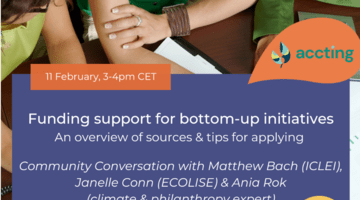
Funding support for bottom-up initiatives: An overview of sources & tips for applying
For grassroots initiatives and civil society organisations, securing sustainable funding is often one of the biggest challenges. Discover key sources and tips &...
Building an UrbanCommunity for sustainable and just cities in Europe through micro-funds and peer-learning
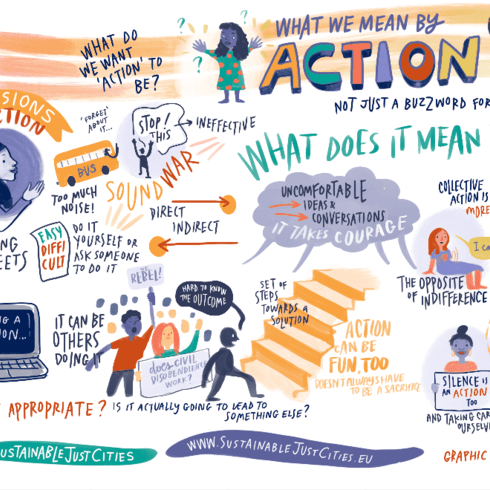
What does it look like when social justice concerns are integrated into urban sustainability efforts?
Through micro-funds and peer-learning, we recognise, support and share the knowledge and experiences of community-led initiatives and local governments who are acting locally to create sustainable and just cities.
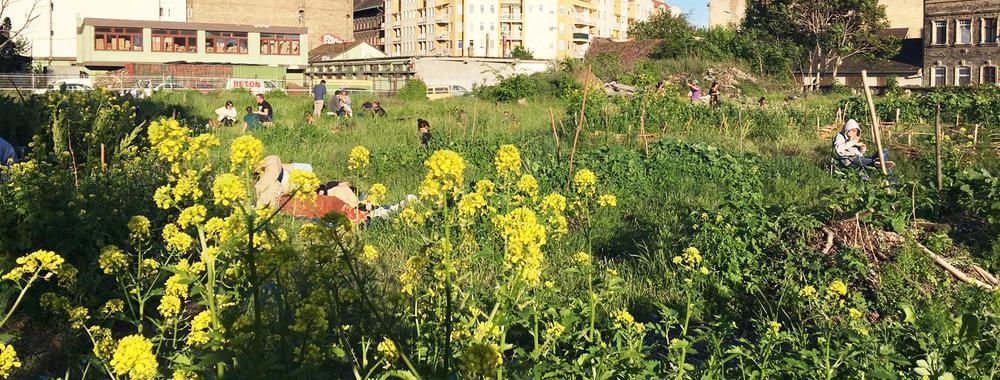
Anna Margit
Szeszgyár is a community park started as a research project on ways of living in a multispecies cohabitation. We work on a 7700 piece of borrowed land in the heart of Budapest by listening to the needs of the many species using it. This resulted in building out water sources to fight draughts, shades where humans can gather, garden beds for people to connect around growing food, festivals, after school activities for kids and most recently programs for refugees which is, along with growing community engagement our main focus currently. Our approach is intersectional, looking for ways to honour the knowledge, the needs and dreams of the many.
info [at] futurexplaces.com
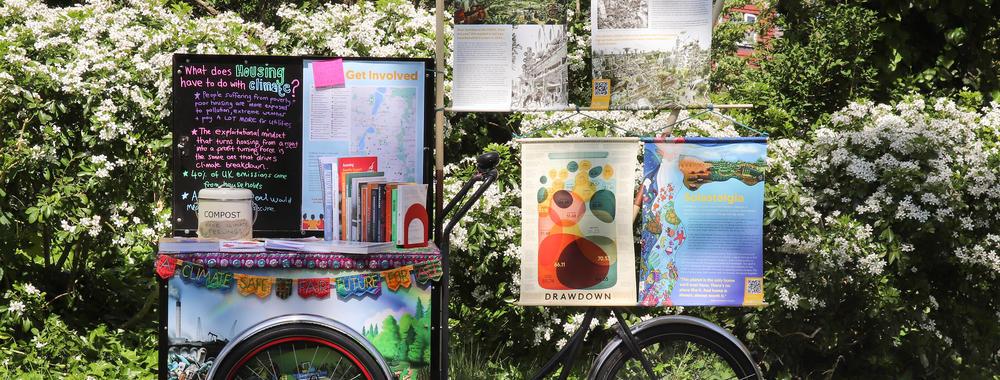
Amy Scaife
hubRen is a mobile, pop-up hub of community resilience. Unfolding out of a repurposed cargo bike, it is an invitation to imagine and cultivate together the beautiful, climate-safe and fair future that is possible. A hybrid reading room, information desk and art installation, it is a space to learn, join the dots and connect with each other. Our experiment will see us taking the hub on a tour around the London borough of Waltham Forest, bringing the hub into spaces and communities that may sometimes get left out of the climate conversation.
hello [at] hubren.org
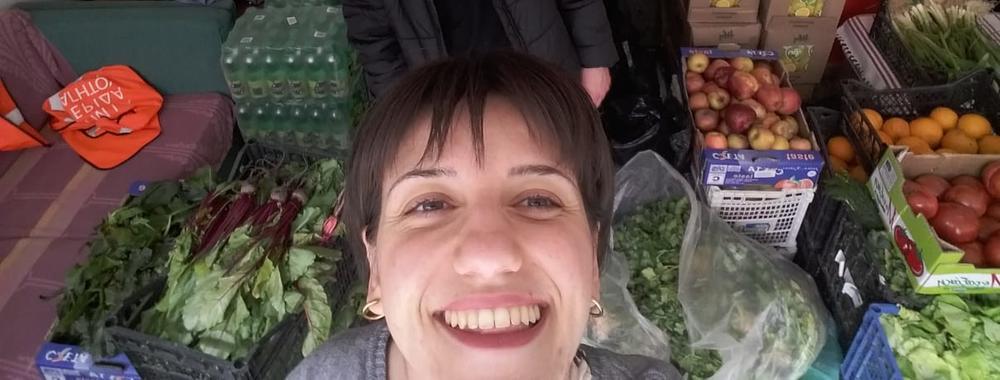
Filippos Polatsidis
We are a community who takes care of people in need, by responding to their most urgent need: Food. We provide hot meals, fruits and vegetables from good quality reclaimed food that otherwise would end up in the landfill. We also provide workshops and empowerment/community engagement activities to everyone who wants to contribute to a better future!
pervolaridesthessaloniki [at] gmail.com
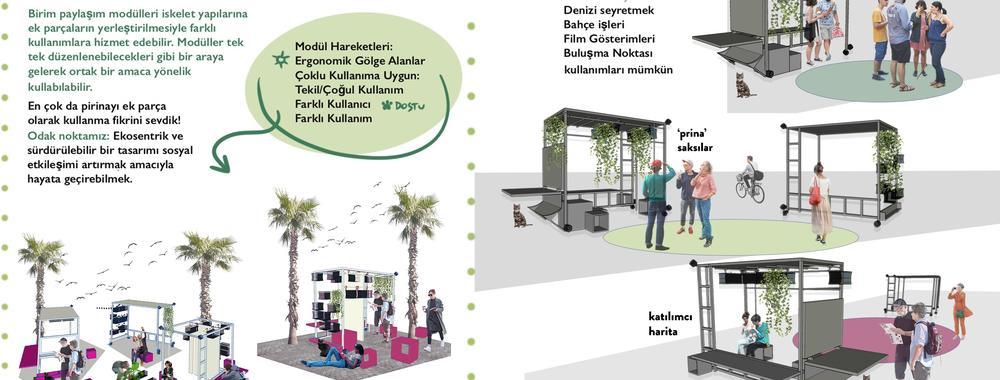
Sıla Kartal
The experiment creates a dialogue and meaningful participation space/process for the citizens to transform their cities' understanding of sustainability. The participants can expand their visions with the informal education methods, and they can use that knowledge during the co-design process and its application. The end product aims to create a social impact on raising awareness about Istanbul's environmental, climate, and sustainability problems in the city's public spaces because each citizen can have access to public space.
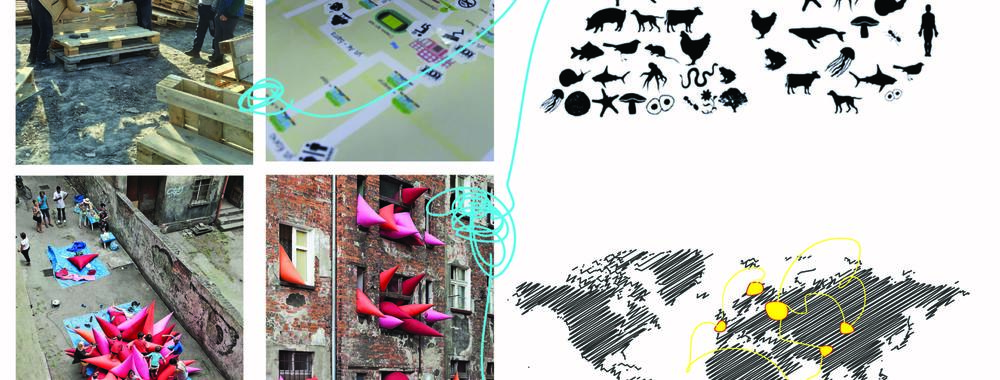
Tatiana Efremenko
Future Neighborhoods aims to enhance visioning capacities of residents and community leaders about their neighborhoods and equip them with the tools in future thinking and urban design. The methodology for visioning for sustainable urban transition encourages residents to rethink human-environment relations and comprehend the agency they have of their own neighborhoods. As a result, future visions of two neighborhoods in Katowice will be developed, followed by an open city exhibition of these visions in collaboration with the local artist. Finally, the network "Future Neighborhoods" will be established with case studies around the world, databases of relevant stakeholders in each city and methodology and workshop formats available in open access.
info [at] futurexplaces.com
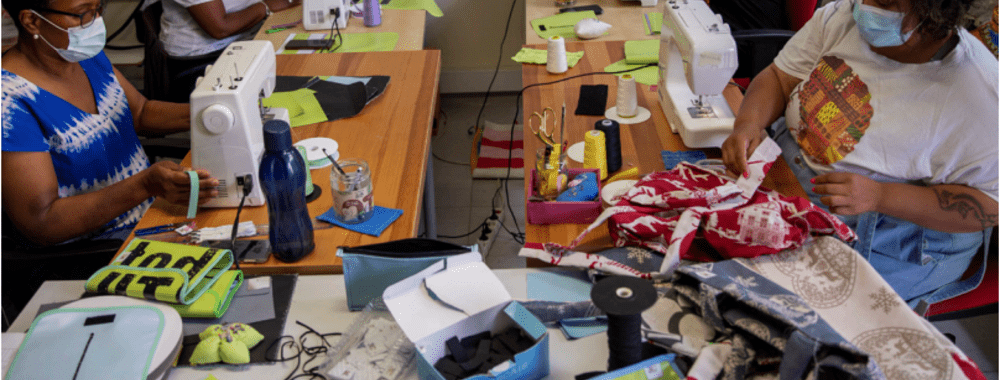
Nadine Souto Rodriguez
Saber Dar is a small-scale project that will harness and disseminate locally available knowledge by facilitating skillsharing sessions and workshops that bring together residents from diverse communities in Cascais. The agenda will be shaped by the needs and interests of participants, and complemented with workshops related to ecological sustainability. By engaging local NGOs, neighbourhood associations and the networks developed by existing municipal programmes, community members will be invited to participate as learners and facilitators, thereby fostering a sense of purposeful belonging and collaboration.
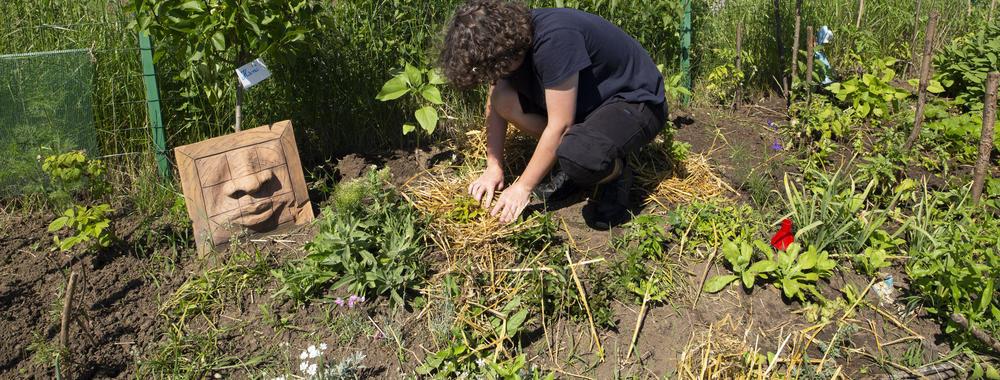
Ioana Baba
The Alba Iulia experiment aims to enhance sustainable development and promote social justice at local level by implementing a small-scale project focused on permaculture and food waste, under the umbrella of social inclusion. During Covid19, consumers redirected their focus to local, organic food. This project consists of a series of 3 interactive workshops organized in the urban garden “Gradinescu” in Alba Iulia, which aim to generate an innovative solution for the identified need. Alba Iulia proposes an experiment involving vulnerable youth and local small farmers in an educational event through which the youngsters would learn practical and theoretical notions about sustainable food production, food waste and permaculture directly from small farmers. Representatives of hypermarkets will also be invited to discuss concrete possible measures for reducing food waste, while alleviating food poverty locally.
ioanasbaba [at] gmail.com
https://gradinescu.ro/project/gradina-din-cetate-alba-iulia/
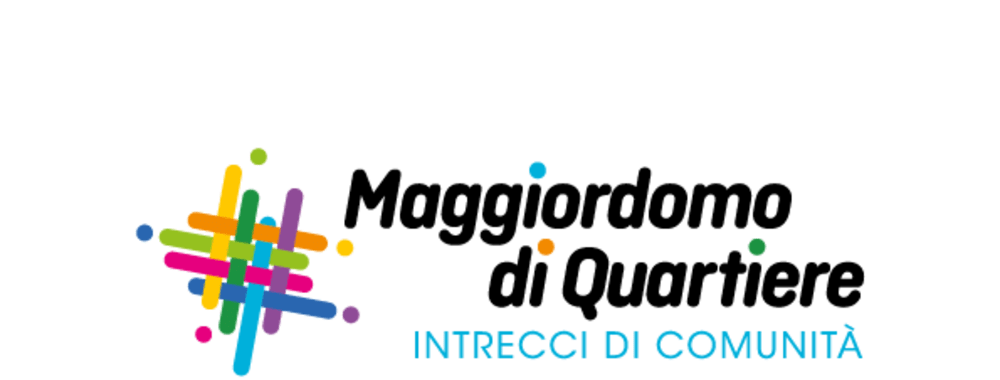
Teresa Ditadi
The project aims at building a point of reference in a peripheric neighbourhood in Padua, Italy, through the activation of a “Neighbourhood concierge”. Two concierges will be at residents’ disposal, providing information and digital support, activating a tools library, a time bank and free redistribution of unsold fruits and vegetables, organizing cultural events and promoting good practices to tackle energy poverty. The Neighbourhood concierge intends to strengthen community cohesion and to fight marginalization by pooling and sharing community assets and skills for a more sustainable and inclusive way of living.
teresa.ditadi [at] cittasolare.org
We are using cookies, learn more on our data protection page.